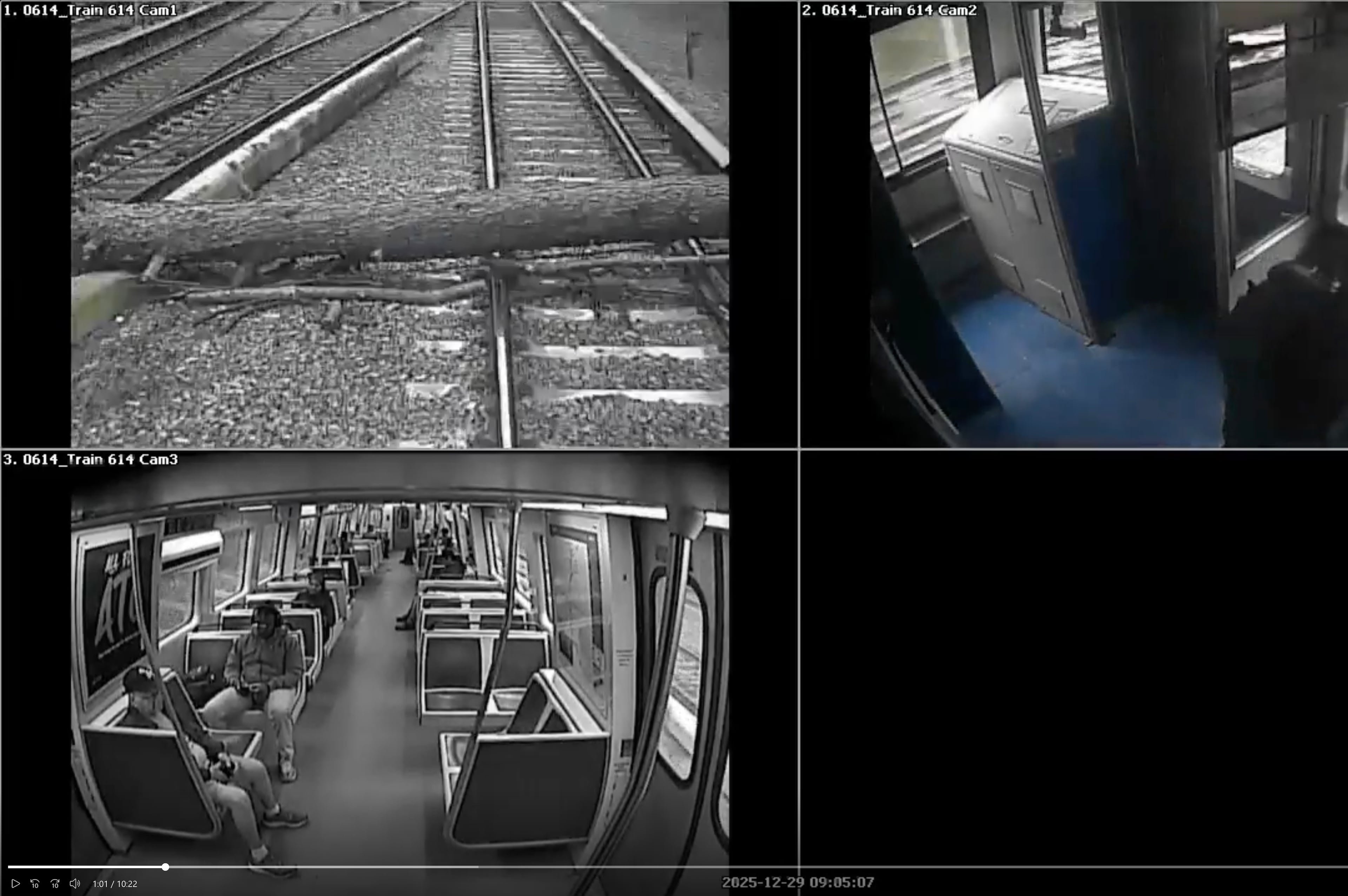Opinion: How to prioritize your vehicle recalls

In early September, the National Highway Traffic Safety Administration linked yet another death — the 28th American — to a defective air bag inflator.
The death, which took place in 2018, was in a Honda vehicle involved in a wreck in Alabama. But the link to the recalled Takada part finally was announced.
The news was particularly heartbreaking because it was so unnecessary. NHTSA had years earlier recalled the car for a free repair that would have prevented the tragedy. The owner could have had the vehicle repaired, free of charge, at any time.
The car was part of the Takata air bag inflator recall, the largest in history, which impacted cars built by dozens of manufacturers globally.

I’d love to tell you that circumstance was rare, but NHTSA, the government’s car safety watchdog agency, believes there could be as many as 17 million unrepaired Takata inflators still on American roads.
In my decades as an auto industry reporter and car critic, automakers consistently have told me that recalls are among their biggest worries — not because the industry struggles to perform the repairs, but because many drivers ignore recall notices.
Here’s how to keep your car safe.
What is a recall?
A recall is an official government action directing an automaker to fix a product safety problem. The NHTSA’s website says, “A recall is issued when a manufacturer or NHTSA determines that a vehicle, equipment, car seat, or tire creates an unreasonable safety risk or fails to meet minimum safety standards.” Often, manufacturers discover a safety problem and alert NHTSA that they’re launching a campaign to fix it. Sometimes, the agency forces a company to issue a recall.
What sort of problem triggers a recall?
Recalls always involve safety problems. Peeling paint won’t trigger a recall. A piece of trim that can fall off and create a road hazard will.
Recalls can be obvious — as I was writing this piece, Volkswagen issued a recall on some ID.4 SUVs because their doors can open unexpectedly while driving.
They also can be surprising or even amusing. In the past three years, Audi has issued two recalls because a drink spilled in just the right spot in the back seat can short out a computer component, triggering a limp home mode that restricts the cars to driving at crawling speed. The sippy cup shutdown has seen about 350,000 cars called in for repair.
How common are recalls?
So far, automakers have issued 211 recalls in 2024. The smallest action affected one car. The largest recall involved nearly 2.2 million vehicles.
Will it cost me anything?
No. By law, manufacturers perform recall-related repairs free of charge.
Do I need to work with the dealership I bought the car from?
No. You must work with the company that built your car. Ford dealerships can’t perform repair work on Honda vehicles, for instance. Any dealership affiliated with the company that built your car will perform recall repairs for free.
How do I know if my car has been recalled?
Automakers attempt to contact the owners of every recalled car. The National Traffic and Motor Vehicle Safety Act mandates that automakers reach out to “each person who is registered under State law as the owner of the vehicle and whose name and address are reasonably ascertainable by the manufacturer through State records or other sources available to him.”
In urgent cases, like the Takata air bag recall, automakers also have called and sent text messages and emails when they have contact information for owners.
How might a recall notice miss me?
They can’t always find them all. Cars get sold secondhand. Owners move. State registration databases should capture most of that information but aren’t always accurate.
Millions unknowingly drive cars in need of free repairs.
Can I proactively find out if my car has any outstanding recalls?
Yes. NHTSA maintains a comprehensive database of every recall on its website. It’s easy to find at nhtsa.gov/recalls, and it’s easy to use. You can search for recalls that affect your car by year, make and model, by license plate, or by the vehicle identification number, an alphanumeric code found low on the driver’s side of your car’s windshield.
Aren’t some recalls performed over the air now?
Some are. Today’s new cars are mobile computers, and problems often are software-related. Many new cars can receive software updates over the air, so manufacturers sometimes send out a software patch to fix a problem.
Automakers still must comply with the law, so they still send owners notices through the mail. It’s becoming common for drivers to receive a notice telling them that their car had a problem, but that it’s already been fixed.
Still, some problems always will be mechanical and require a visit to a dealership.
Is it ever too late to seek repair?
The National Traffic and Motor Vehicle Safety Act mandates that automakers provide free repair on recall issues for 15 years from the date of sale. Still, most manufacturers will honor recalls even on older cars.
Sean Tucker reports for Kelley Blue Book from Washington, D.C., where he has covered the auto and energy industries for a quarter-century.
The Steering Column is a weekly consumer auto column from Cox Automotive. Cox Automotive and The Atlanta Journal-Constitution are owned by parent company, Atlanta-based Cox Enterprises.



